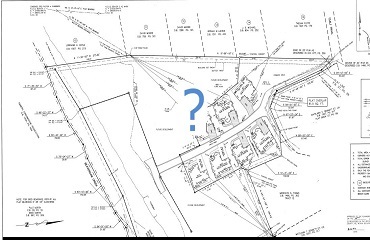Reference



OpenAI's Answer
South Carolina preferred cooperation over litigation in resolving its border issues with North Carolina primarily to avoid the costs and complexities associated with legal disputes. Historically, South Carolina had experienced a litigious dispute with Georgia regarding their boundary in the Lower Savannah River area. Learning from this experience, both South Carolina and North Carolina recognized that cooperation was a more efficient and economical approach. By choosing to work together, they were able to avoid the drawn-out processes and expenses of court battles, focusing instead on a comprehensive re-survey and mutual agreement (RFA South Carolina, The New York Times).
Here is an image showing the historical border adjustments:

By opting for collaboration, both states set a more amicable and pragmatic precedent for resolving interstate boundary issues.
Follow Up
Related
What were some of the challenges faced in determining the precise border?
Why was there a need to resurvey the border between North Carolina and South Carolina?
What financial and logistical hurdles delayed the completion of the border survey?
How did the new border determination impact businesses like the Lake Wylie Mini Market?